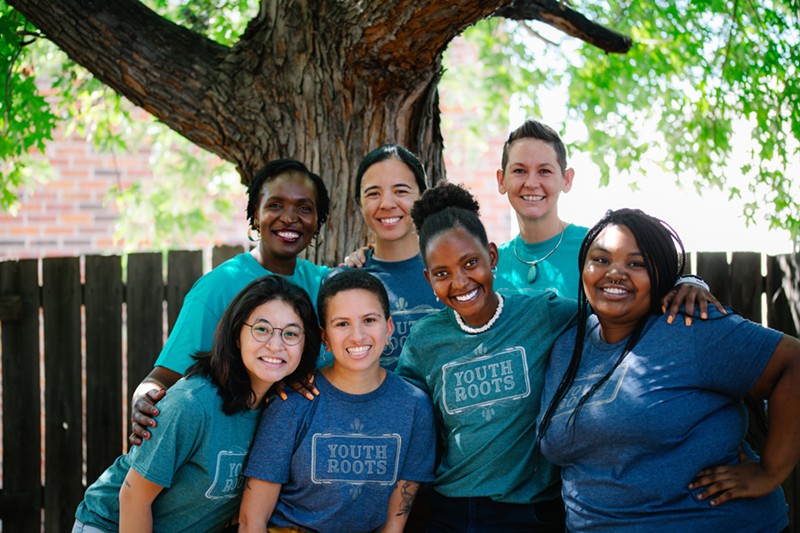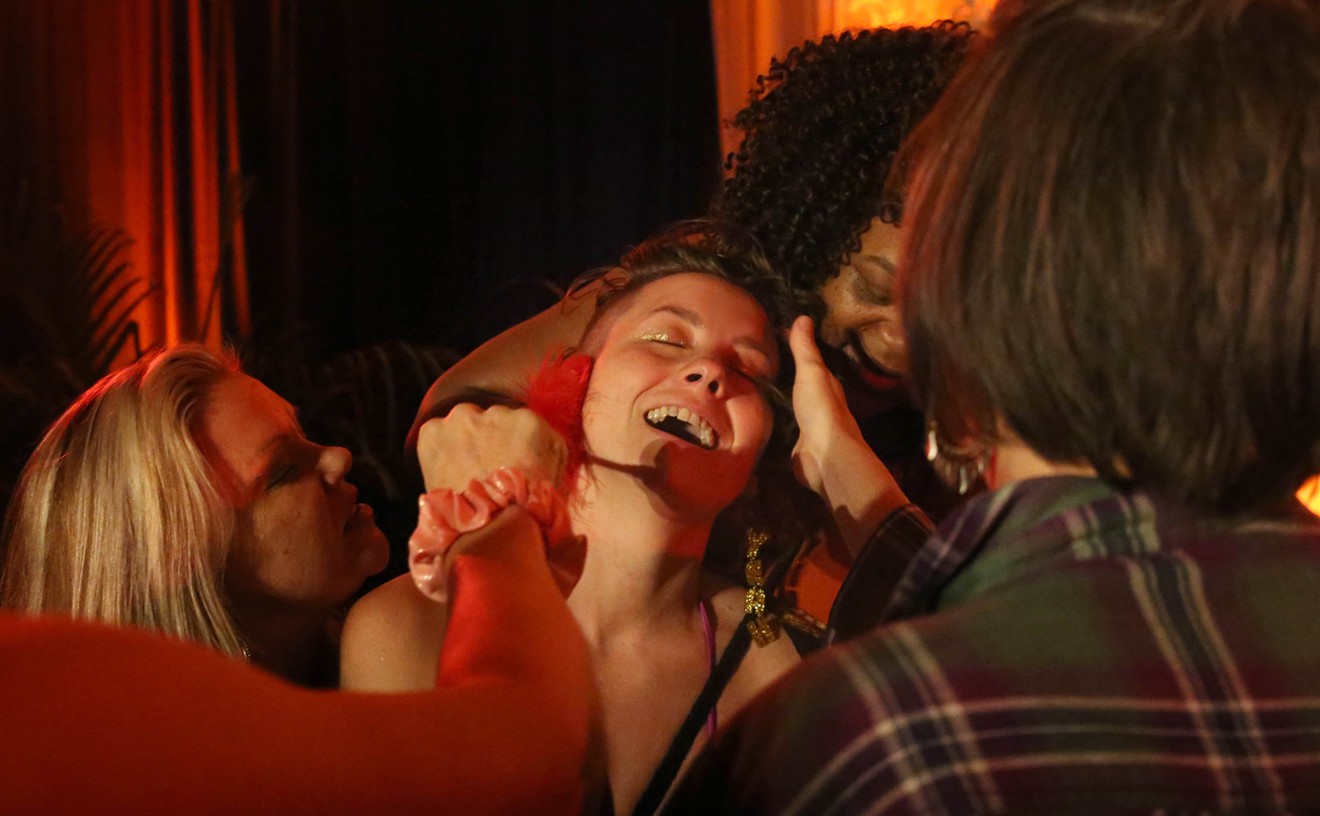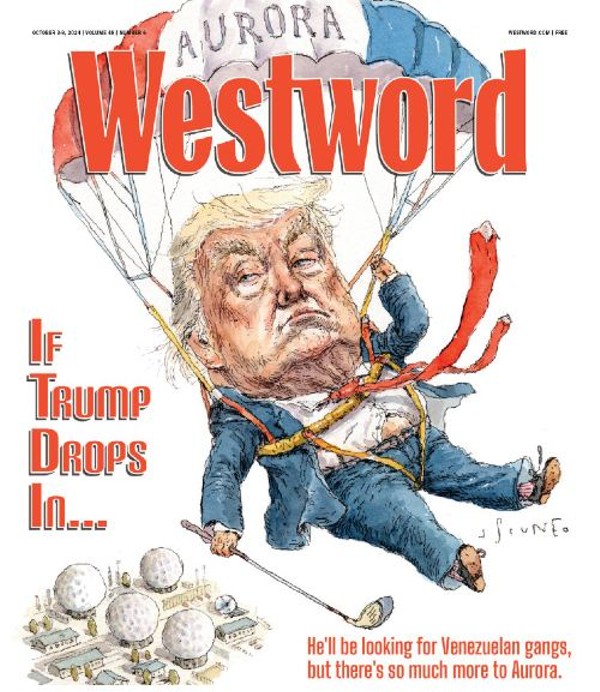Going backward. That is how one international news organization summarized the anti-immigrant rhetoric that surprised many during the recent presidential debate between former President Donald Trump and Vice President Kamala Harris watched by more than 67 million viewers across the United States. One presidential candidate made sensational claims against immigrants from a certain country while the other just laughed off the allegations and never made any attempt to defend immigrants against the claims, which fact-checkers have since declared false.
That unfortunate turn of events summarizes how politics affects the marginalized in America. The debate brought to light significant concerns, particularly around how political discourse can exacerbate the vulnerability of marginalized communities. While debates often serve as a platform for discussing national issues, they also highlight the deep divide between rhetoric and the lived realities of millions of Americans, especially those who have historically been underserved.
For many people, the debate was a performance — a moment to assert authority, project strength, and sway undecided voters. However, for marginalized communities — people of color, immigrants, and low-income population, among others – the stakes are incredibly high. Words spoken on that stage don’t simply disappear; they inform policy decisions that can either protect or further marginalize these groups.
When political leaders downplay or outright dismiss issues like racial justice, economic inequality, or health-care access, they fail to acknowledge the systemic barriers that disproportionately affect vulnerable populations. In the debate, there were moments of oversimplification and dismissive language toward critical social issues that matter most to these communities. Such rhetoric risks normalizing the idea that the struggles of marginalized groups are secondary or unimportant — and end up perpetuating cycles of oppression.
Many young people are stepping into their civic rights for the first time, and the rhetoric in today’s political climate deeply affects them. At YouthRoots, we work with youth who are either nearing or have just reached voting age. For many, the upcoming election will be their first chance to engage in the democratic process. These young voters, often from marginalized communities, are directly impacted by divisive discourse on issues like immigration, health care and social justice. As this generation comes of age, they are keenly aware of how political rhetoric not only shapes their present but also their future. Their voices will play a vital role in ensuring that key issues like mental health, racial equity and economic opportunity are addressed.
For example, in terms of health-care access, policy debates around health-care reform often fail to consider the unique barriers faced by low-income communities, immigrants and people of color. For many, health care is not just a debate topic; it is a matter of life or death. A study from the Commonwealth Fund shows that people of color are more likely to experience disparities in health-care quality and access.
On criminal justice reform, political leaders may talk about “law and order” without addressing the racial disparities embedded in the criminal justice system. Marginalized groups continue to face over-policing, mass incarceration and systemic racism — issues that were not adequately addressed in the debate.
On the economic front, policies have entrenched poverty among marginalized communities by failing to address the root causes of economic disparity. Income inequality, housing insecurity and lack of access to quality education all serve as barriers to social mobility, especially for the youth.
When political rhetoric skews toward division and policies fail to address these urgent needs, marginalized communities remain vulnerable — both socially and economically. It is in these moments that leadership, or the lack thereof, becomes most critical.
At YouthRoots, we work with young people from underserved and underrepresented communities, empowering them to use their voices in philanthropy and leadership and to make an impact in their communities. The increasingly hostile political climate is making many of the youth we work with more aware of the power dynamics at play and the importance of advocacy. They understand that politics is not just about policies, but also about values, identity, and whose stories are being told or discarded.
The post-debate discussions highlight a troubling gap in leadership that represents the needs of marginalized communities. This disconnect, if left unchecked, has the potential to widen disparities and further silence the voices that need to be heard the most.
It is time our political discourse centered around inclusivity, equity, and justice. That will empower the next generation of leaders — young people — who will demand better and create a more equitable future for all.
Sheila Van de Graaph is the executive director of Denver-based YouthRoots.
Westword.com frequently publishes commentaries on matters of interest to the community on weekends. Have one you'd like to submit? Send it to [email protected], where you can also comment on this piece.

Audio By Carbonatix
[
{
"name": "Air - MediumRectangle - Inline Content - Mobile Display Size",
"component": "12017618",
"insertPoint": "2",
"requiredCountToDisplay": "2",
"watchElement": ".fdn-content-body",
"astAdList": [
{
"adType": "rectangle",
"displayTargets": "mobile"
}
]
},{
"name": "Editor Picks",
"component": "17242653",
"insertPoint": "4",
"requiredCountToDisplay": "1",
"watchElement": ".fdn-content-body",
"astAdList": [
{
"adType": "rectangleLeft",
"displayTargets": "desktop|tablet"
},{
"adType": "rectangleRight",
"displayTargets": "desktop|tablet|mobile"
}
]
},{
"name": "Inline Links",
"component": "18838239",
"insertPoint": "8th",
"startingPoint": 8,
"requiredCountToDisplay": "7",
"maxInsertions": 25
},{
"name": "Air - MediumRectangle - Combo - Inline Content",
"component": "17261320",
"insertPoint": "8th",
"startingPoint": 8,
"requiredCountToDisplay": "7",
"maxInsertions": 25,
"watchElement": ".fdn-content-body",
"astAdList": [
{
"adType": "rectangleLeft",
"displayTargets": "desktop|tablet"
},{
"adType": "rectangleRight",
"displayTargets": "desktop|tablet|mobile"
}
]
},{
"name": "Inline Links",
"component": "18838239",
"insertPoint": "8th",
"startingPoint": 12,
"requiredCountToDisplay": "11",
"maxInsertions": 25
},{
"name": "Air - Leaderboard Tower - Combo - Inline Content",
"component": "17261321",
"insertPoint": "8th",
"startingPoint": 12,
"requiredCountToDisplay": "11",
"maxInsertions": 25,
"watchElement": ".fdn-content-body",
"astAdList": [
{
"adType": "leaderboardInlineContent",
"displayTargets": "desktop|tablet"
},{
"adType": "tower",
"displayTargets": "mobile"
}
]
}
]











